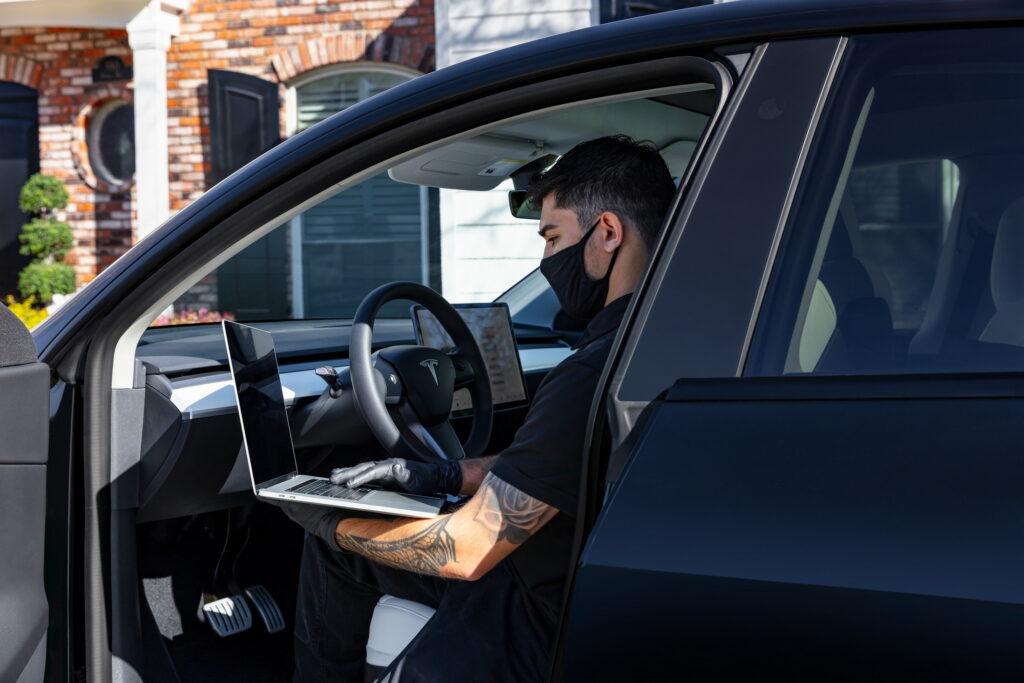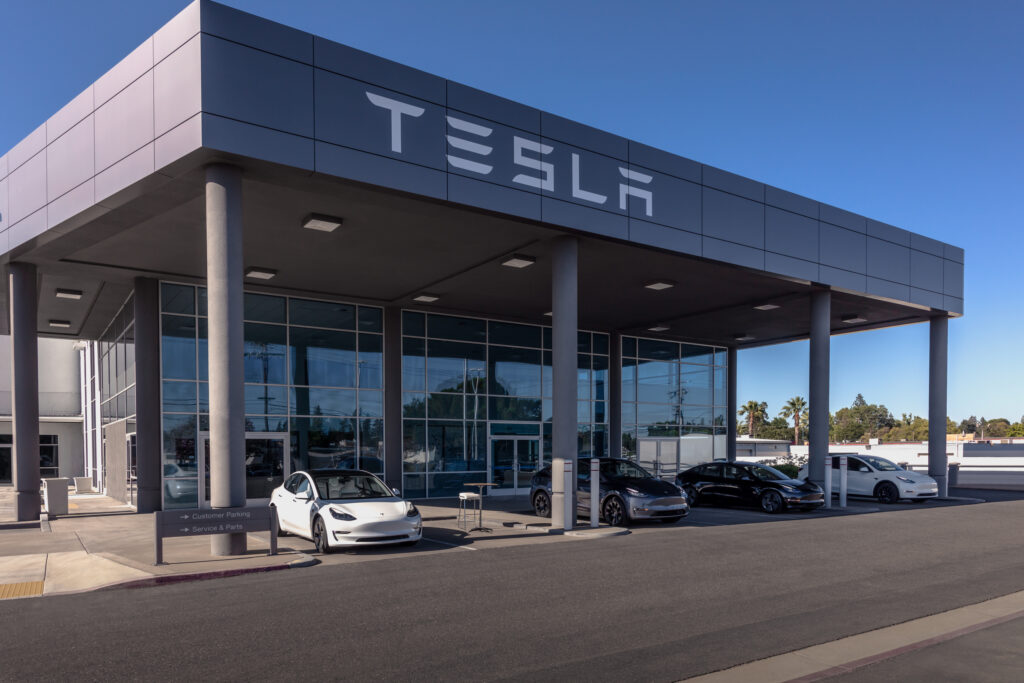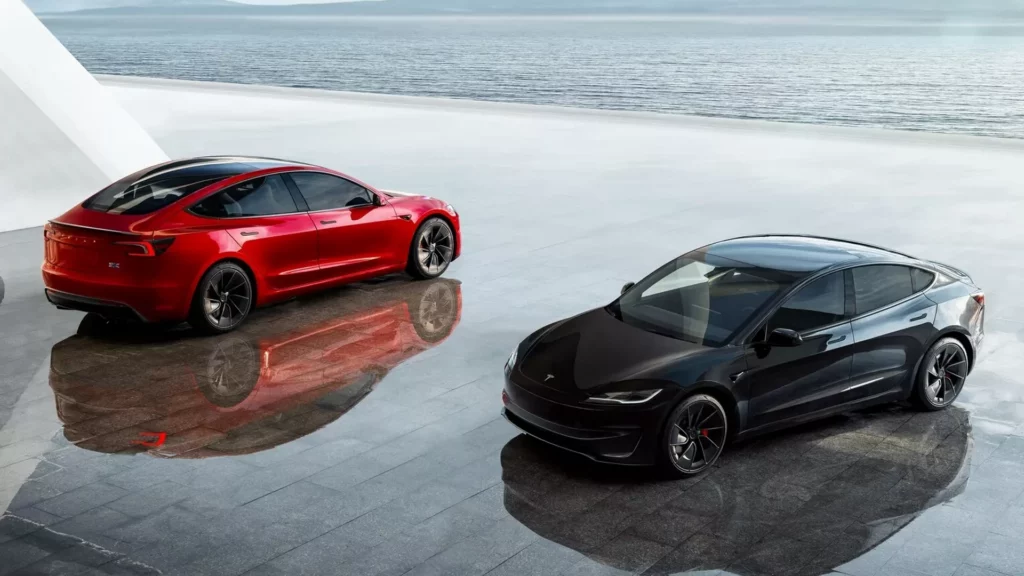- Class action lawsuits against Tesla will now be allowed to move forward.
- Judge who initially dismissed the suit acknowledges evidence that could considered monopolistic.
- Tesla’s lawyers have previously denied the accusations.
In a significant turn of events, Tesla owners have been given the green light to pursue a class action lawsuit against the electric vehicle giant. Owners have accused the EV maker of monopolizing the markets for repairs and parts. This development breathes new life into a case that was dismissed last November when Tesla successfully defended itself against an antitrust lawsuit filed by customers.
U.S. District Judge Trina Thompson originally said in November that customers in the proposed class action didn’t show that the problems were “not generally known” when they bought their cars. They also failed to show that they could not predict how much it would cost to keep their vehicles running.
Read: Tesla Wins Repair Monopoly Lawsuit, Customers Left Facing High Costs And Long Wait Times
However, in a new ruling on Monday, Judge Thompson said that owners would be allowed to demonstrate that Tesla coerced them into paying high prices. This was based on evidence that suggests Tesla refused to open a sufficient number of authorized service centers. Thompson also acknowledged that the design of Tesla’s vehicles requires exclusive diagnostic and software updates, which could indicate a repair monopoly.
Additionally, the judge pointed to evidence of a parts monopoly, noting Tesla’s alleged practice of restricting original equipment manufacturers from selling parts to anyone other than itself and limiting the sale of parts to consumers.

Disgruntled Tesla buyers will also be given the opportunity to display how they endured long wait times for repairs, driven by the fear of losing warranty coverage. The plaintiffs argue that this coercion breaches the federal Sherman antitrust law and California antitrust law.
They also allege that Tesla’s illegal “tying” of various markets forces customers to make undesired purchases. This claim is bolstered by the assertion that Tesla’s business model, where it directly sells its vehicles to consumers without intermediaries, differs significantly from its rivals, which allow for independent servicing and the use of non-proprietary parts.
Reuters reports that Tesla has not yet responded to requests for comment on the latest ruling. However, the company’s lawyers have previously dismissed the lawsuit as being based on an “illogical theory” that Tesla would intentionally degrade its repair and parts services, thus jeopardizing its more lucrative vehicle sales and leasing operations.





